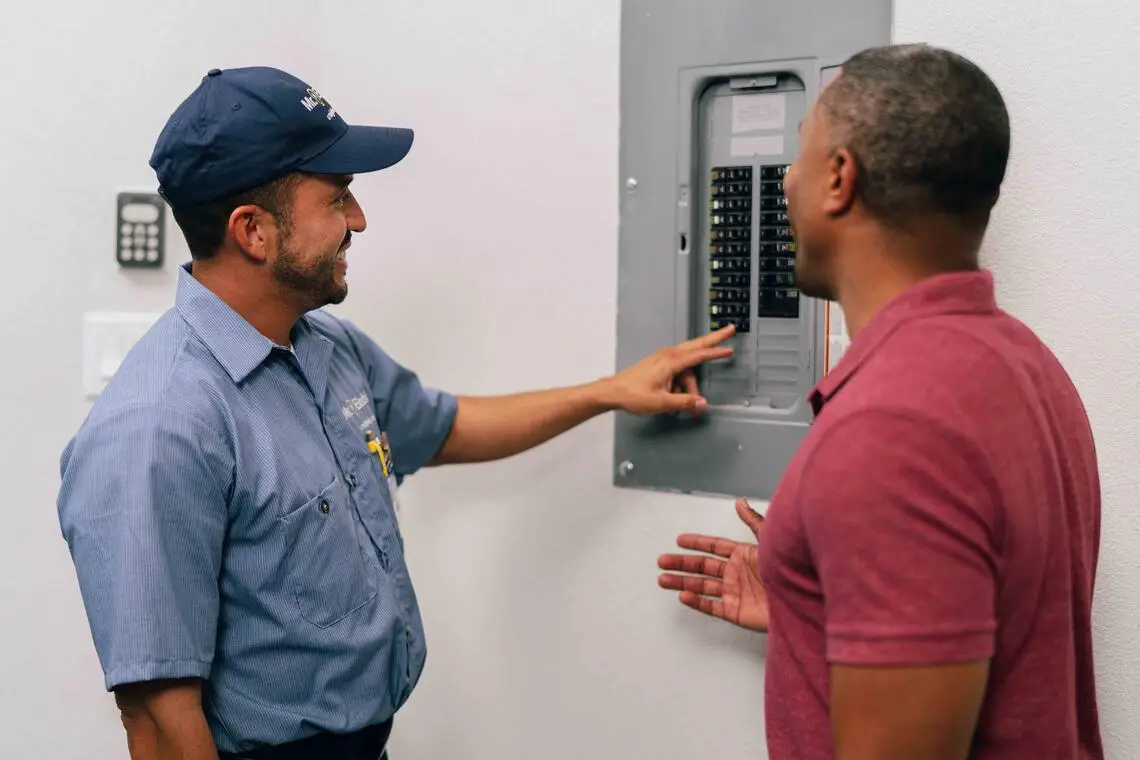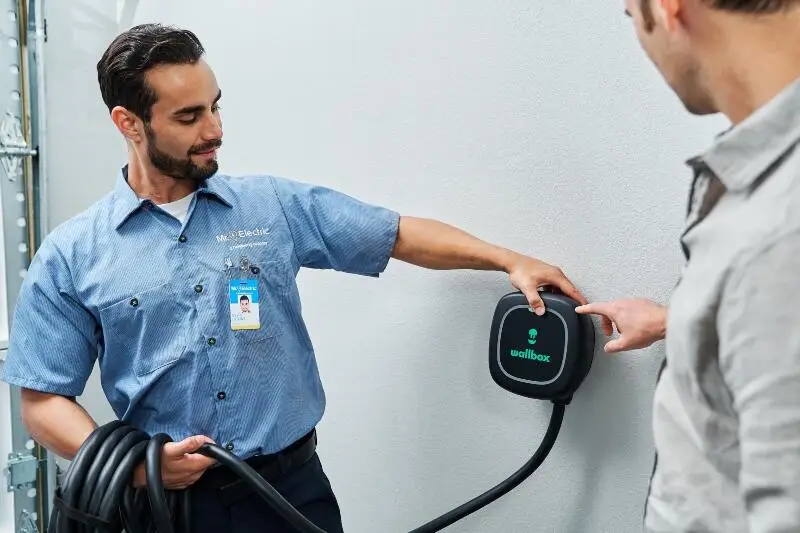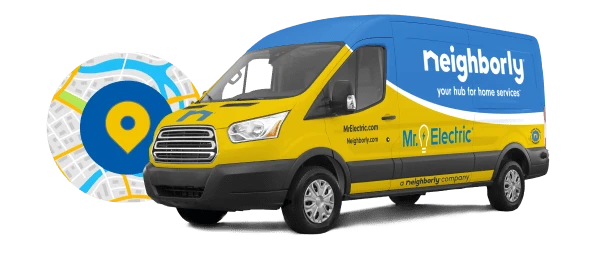Mr. Electric outlines essential steps for upgrading your home’s electrical system to support electric vehicle charging.
|
Electric vehicle home charging stations are an important part of your EV purchase, so it’s important to learn all you can about this facet of your new automobile to ensure a safe, fast, reliable charge. Charging your voltage-powered vehicle by plugging into a standard 120-volt electrical outlet is possible — though in some cases, your system may not be up to the challenge, and in others, you may be wasting precious time. Should you consider a home electrical system upgrade for EV and EV charging? Although it is not necessary, an upgrade can be worthwhile in certain cases …

Is Good Enough, Good Enough?
Most modern electric cars can plug into a standard 120-volt outlet, but upgrading your system may be necessary for safety and time savings. You adjust your car mirrors for maximum visibility and safety, why not perform a quick safety check on the state of your home charging setup, verifying its suitability with the help of a qualified electrician?
Houston, We Have a Problem
When performing electric vehicle charging at home, dimming lights and repeated circuit breaker tripping are sure signs of insufficient electrical service for meeting your charging needs – a common issue in homes more than 20 years old. According to studies, vehicle charging at 9.6 kW can double or triple your home’s prior peak electrical load, creating problems with insufficient power supply throughout the day or night as you charge. In addition to providing safer, more reliable charging, addressing these insufficiencies with a home electrical system upgrade for EV and EV chargers can vastly improve the safety and speed of the recharging process.
Home Electrical System Voltage for Electric Cars
- Same Old, Same Old — AC Level 1 (120V/15A): A 120-volt outlet is capable of providing a ‘Level 1’ charge via a standard, 3-prong household plug/outlet combo, but requires a dedicated branch circuit for the safety of your system and home appliances and electronics. With this method, it takes 8-12 hours for a full charge, adding 2-5 miles of driving range per hour of charging time.
- The Bigger, The Better — AC Level 2 (240V/30-70A): ‘Level 2’ charging via a larger, 240-volt AC plug and receptacle requires the installation of special home charging equipment and a dedicated circuit – but cuts down vehicle charge time to 3 to 6 hours, or 10-60 miles of driving range per hour of charging time. Bonus: Your local government or utility provider may offer incentives and rebates for the installation of this equipment – and you can customize your setup, with features ranging from timers and status lights to smartphone connections and keypads.
- Supercharged — DC Fast Charging: DC fast charging stations can recharge an electric vehicle in as little as 20-40 minutes. However, as these stations typically require both specialty equipment and electrical service upgrades due to greater electrical draw, they are more often seen at public stations along traffic corridors, workplaces, apartment buildings, and retail locations. Though these systems face unique installation challenges, from parking and electrical access to legal and zoning concerns, they are a great way to attract customers/workers/residents and are also eligible for an array of rebates/incentives/tax credits.
Out of Gas?

You’ve already bought into a greener, more fuel-efficient future with your EV purchase. And these significant savings can go a long way toward a rapid return on investment in a safer, faster, more reliable electric vehicle charging system installation from Mr. Electric. Trained and qualified, Mr. Electric has the skills to handle any installation, from residential to high-voltage commercial applications. Contact us to schedule your electrical safety inspection and EV charging system installation consultation today.
This blog is made available by Mr. Electric for educational purposes only to give the reader general information and a general understanding on the specific subject above. The blog should not be used as a substitute for a licensed electrical professional in your state or region. Check with city and state laws before performing any household project.
